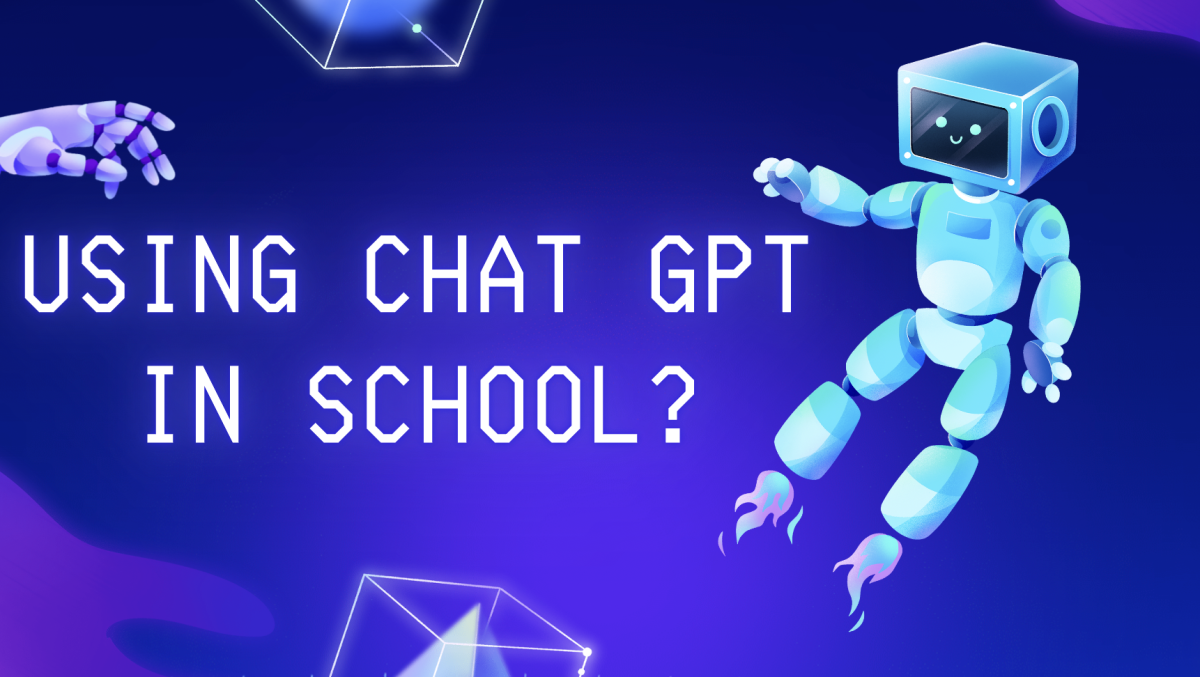C
ollege students historically have been more inclined to protest, dissent, and act as most vocal group among all Americans. People often point to the golden age of protest among youth, the 1960s.
With the Civil Rights Movement and anti-Vietnam protests at college campuses around the country, that period in American history has become a beacon of what the youth are capable of when it comes to political activism. Currently, students are not as politically active as we have seen previously, and with more tools available than previous generations, it’s hard to not be dismissive when it comes to college students’ roles in political activism.
The majority of American college students hold the most powerful weapon of activism in their hands, something we all use everyday: our smartphones.
We’ve seen the far-reaching implications of the power of mobile Internet with student protesting, such as the Tahrir Square protests in Egypt, or the ongoing economic protests in Greece.
The ability to communicate and mobilize and receive unfiltered information at any moment is a great asset in time of protest, and things like Twitter and YouTube only enhance it.
Hunger strikes, walk-outs, and sit-ins are some of the exercises that come to mind when we view student protests, but currently all we see are hashtags on social media such as “#EndTheFed” or “#BlameObama” which is our generation’s version of a picket-line protest. It’s very safe to post a political rant due to no consequences. This was prevalent during the 2012 election, with political rants (from your distant, funny memes about Obama or “Binders full of Women”) our generation took the election as a platform for jokes and cynicism, rather than discourse and activism.
There was a moment two years ago when it felt as if college students and the youth were on a path to a more pertinent form of activism with the tools the internet provides. SOPA, or the Stop Online Piracy Act was a bill introduced to help prevent piracy and copyright infringement.
There was a uniform outcry from youth (and tech companies) that this bill was a draconian attempt by government officials to have a firmer grip on the Internet. They used contemporary activist tools, like Twitter and Tumblr, to protest this bill. SOPA did pass because of this online protest and dissent. However,you have to wonder if the youth knew exactly why this bill was dangerous, and not just because it would be harder to download music illegally or the new season of Game of Thrones.
It was because college students and youth truly understood what rights were at stake with SOPA. Why was there not an influx of protest or activism from this generation after the revelations Edward Snowden discovered about the NSA, where our online and offline lives are monitored, stored, and compiled for the government’s and corporations’ own use?
This is the prime example that displays this generation’s apathy for anything that is not within their own personal microcosm. How would the students of the 1960s view this atrocity?
As many progressives did, I had high hopes for The Occupy Wall Street Movement in 2011. It was a momentous event to see students organize and display dissatisfaction with the current political and economical climate.
No matter if you view it as a failure or not, I saw it as a practice run at what strength youth and students truly have when they collaborate and mobilize for a cause, regardless of direction. The biggest criticism the Occupy Movement received was its lack of clarity on its message and intent, which disenfranchised many people.
Although there are many students on campus with ideas of dissent with a critical outlook on their community and government, there are very few channels for students to express that.
With things like “Free Speech Areas,” which are designated spots on campus (where potentially there might be not as much foot traffic) it really undermines the whole point of student protest or activism on college campuses. This traditional form of protest is viewed as ineffective, and so our generation has new technological tools at its disposal. Unfortunately, we use it to look at funny cat photos and take pictures of our food.




